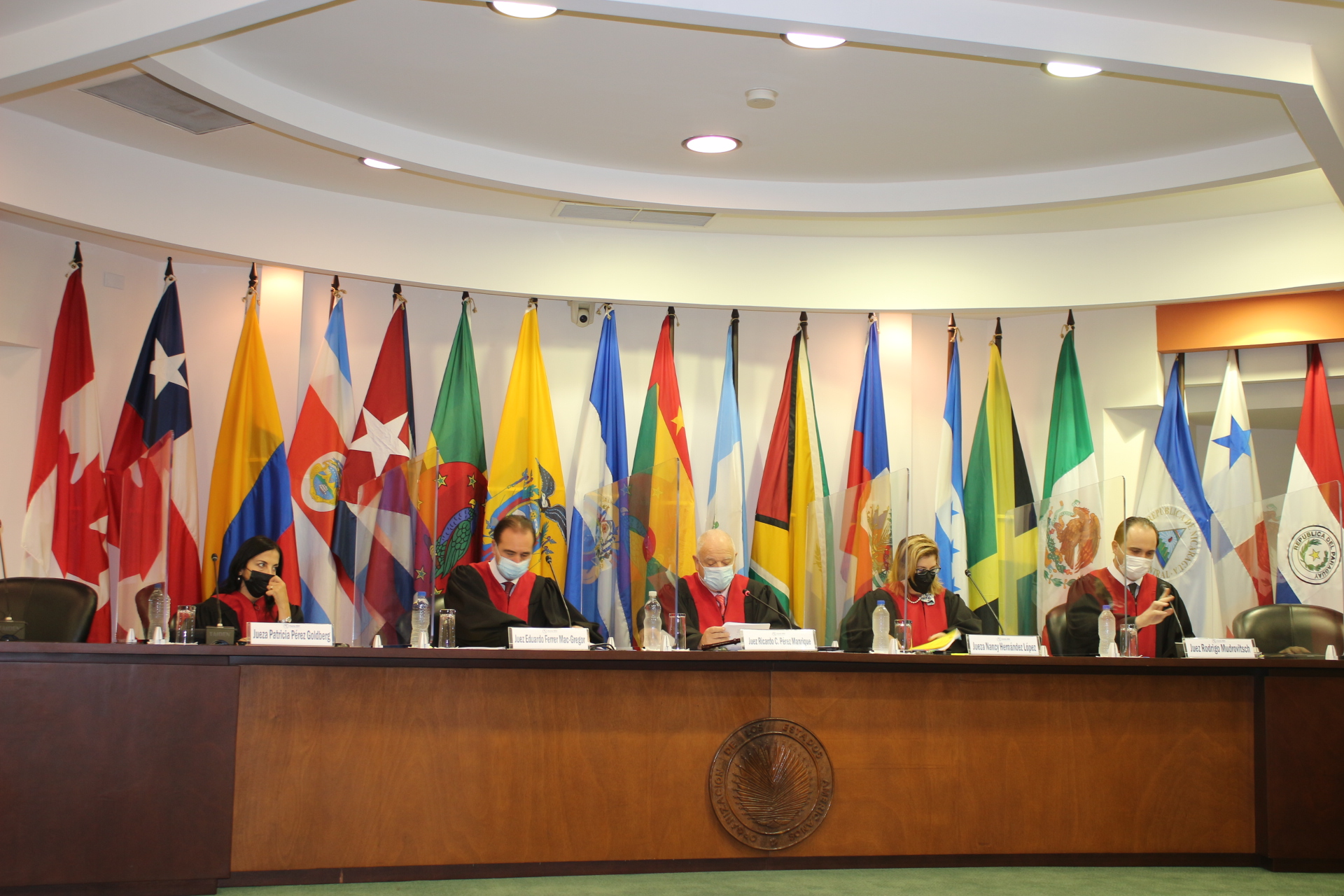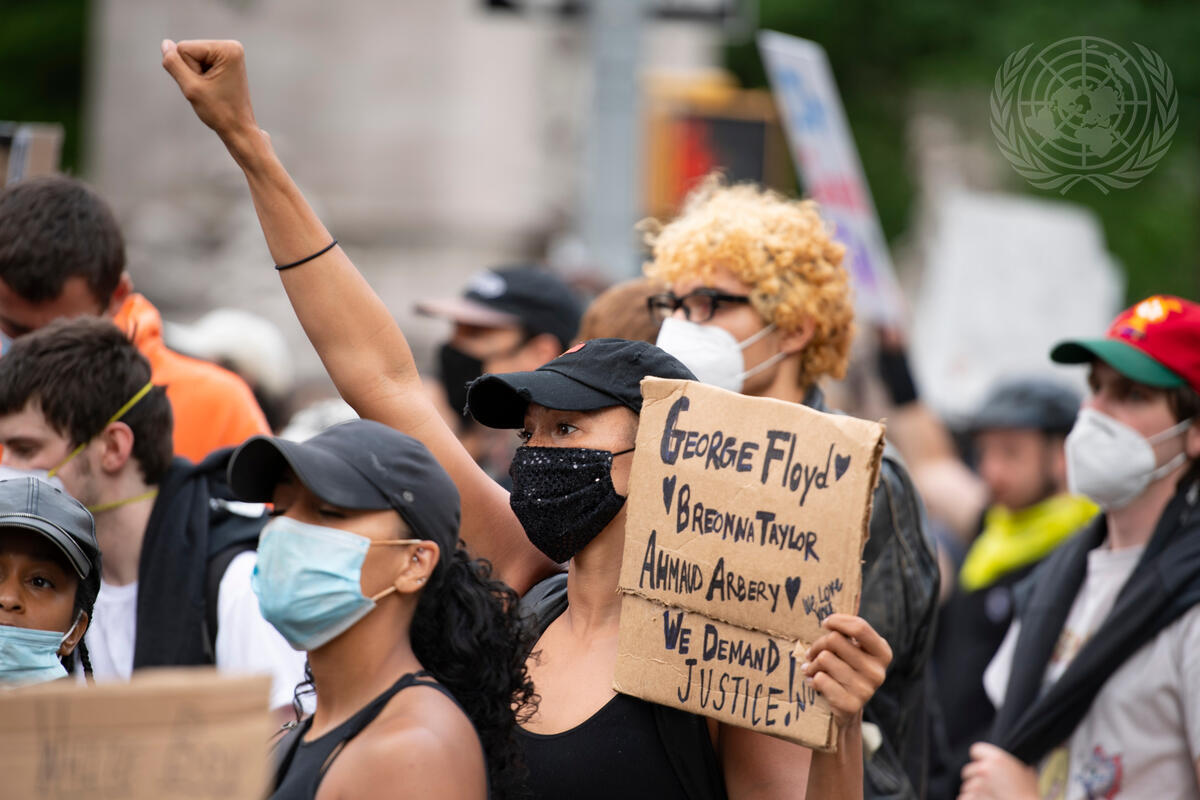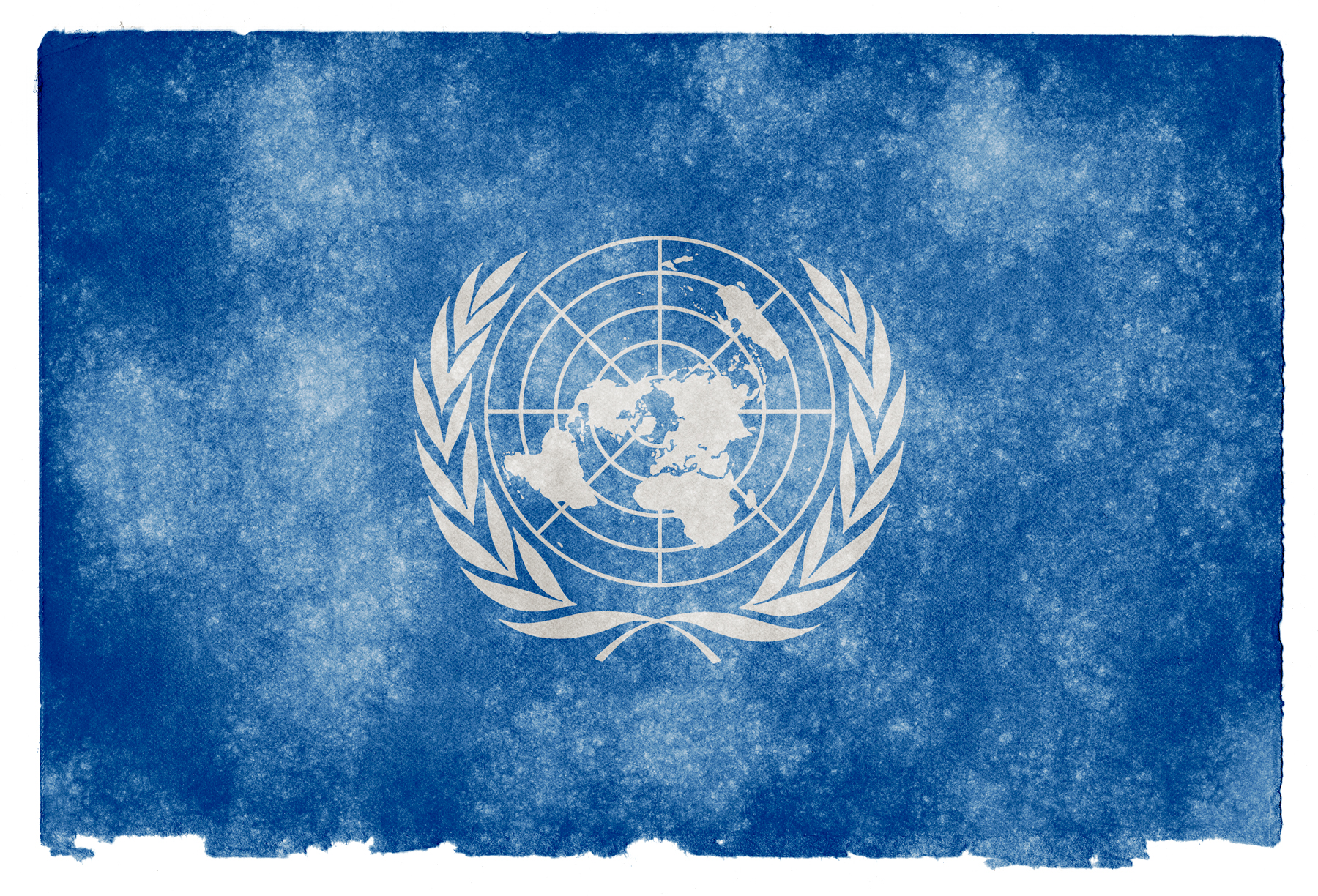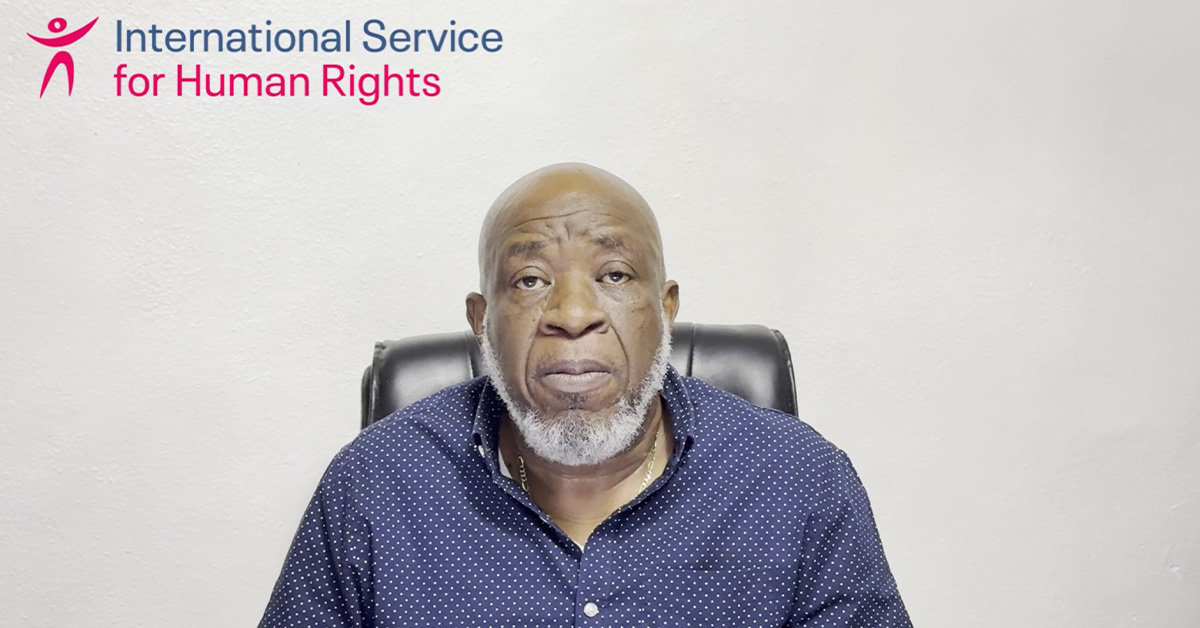From 24 April to 5 May, members of the UN’s Expert Mechanism to Advance Racial Justice and Equality in the context of Law Enforcement (EMLER) will embark on a historic visit to the US. The body’s three experts aim to examine the drivers of systemic racism on policing practices, hear testimonials and gather data, and offer recommendations aimed at combating human rights violations by the criminal justice system against Africans and people of African descent.
The experts are scheduled to visit sites in Washington D.C., Atlanta, Los Angeles, Chicago, Minneapolis, and New York City. They will meet local and national government officials, including members of Congress, as well as law enforcement representatives, civil society organisations and grassroots groups, academics, and victims of police brutality and their families.
For civil society organisations and grassroots movements working with victims and impacted communities, this visit must produce an in-depth and objective examination of how historic patterns of discrimination affect policing in America and lay out a clear path for authorities to radically reform law enforcement and ensure it effectively protects all communities equally.
“This visit will shed new light on the systemic and deep-rooted discriminatory practices of law enforcement in the United States,” said Kerry McLean, UN Advocacy Consultant for the UN Anti-racism Coalition (UNARC), a network of civil society groups working to tackle systemic racism through UN mechanisms. “The expert mechanism must echo the long-standing and legitimate demands of victims and urge the US federal, State and local governments to ensure radical, transformative change to end racially motivated police brutality in this country,” McLean added.
“Extrajudicial killings have become increasingly routine in American policing,” said Collette Flanagan, who founded Mothers Against Police Brutality in 2013 after police in Dallas, Texas, killed her unarmed son, Clinton Allen. “This deadly police brutality represents a massive human rights violation that falls most heavily on people of African descent. We welcome the Expert Mechanism to the U.S. in the name of our martyred children”.
Download as PDF




